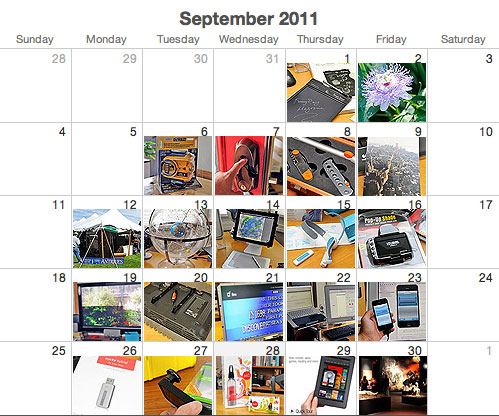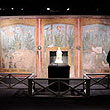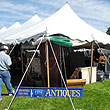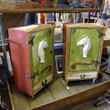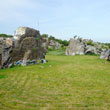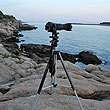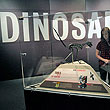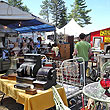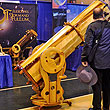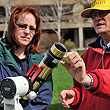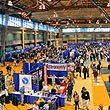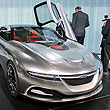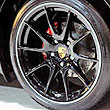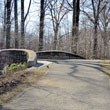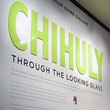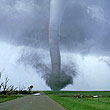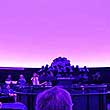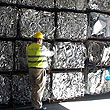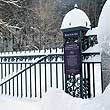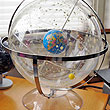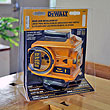Some of us have been studying Aikido for a long time. Our Aikido teacher, Gleason Sensei, is fond of telling us "...the more you learn, the more you will know how little you really understand..." To anyone who has devoted serious study to any subject, Gleason Sensei's statement will sound familiar. Interestingly enough, Sensei's statement is probably truer today than at any other time in history.Take, for example, this year's Nobel Prize for Physics.

It has been known for about a hundred years that the universe is expanding, and has been doing so for about 15 billion years (give or take a few). This knowledge has given rise to the two-part question: Will the expansion end, and if so, when? Thirteen years ago, astronomers Saul Perlmutter, Brian Schmidt, and Adam Riess shook the foundation of the physics world with their observation that the expansion of the universe is not slowing down, but is actually speeding up! Additionally, based on their calculations, it was determined that there was not enough stuff around to account for what was happening. This particular "Eureka" moment created a lot of...puzzlement.

In order to explain the accelerating expansion of the Universe without there being enough mass to expand it acceleratingly, scientists have introduced the existence of "dark stuff." Although its properties are largely unknown, current theory postulates that it is this dark stuff that makes up most of the Universe. Of course, this "stuff" may turn out nothing more than the "ether" which scientists once thought were responsible for the propagation of light. However, based just on the numbers, visible matter (i.e., everything we can see) accounts for only 5% of the "stuff" in the Universe if things are expanding due to the effects of gravity. The other 95% (70% dark energy, 25% dark matter) is the stuff we can't see, which happens to be the stuff that is causing everything to fly apart. That's some crazy sh!t. Unlike faith or philosophical jaw-flapping, these scientists were able to back up their theory with actual verifiable astronomical observations. Hence, it is also why these guys won a Nobel Prize.

The more we learn about the Universe, the more we realize that most of it is still a big fat giant crazy-@ssed mystery. There is still so much left to discover, ponder, and perhaps even to understand. These are exciting times! [Permalink] - What we don't know
NOTE: A few weeks ago, physicists at CERN announced that are some "anomalies" in the data they have gathered regarding some of the neutrinos they have created. Apparently, they are traveling faster than the speed of light. No biggie.
|

